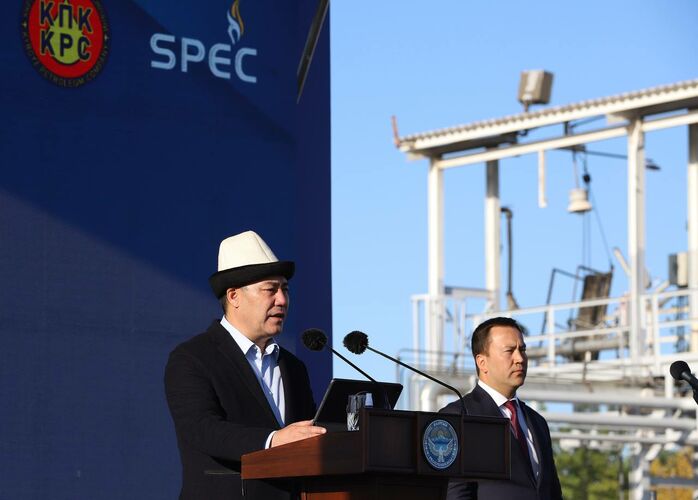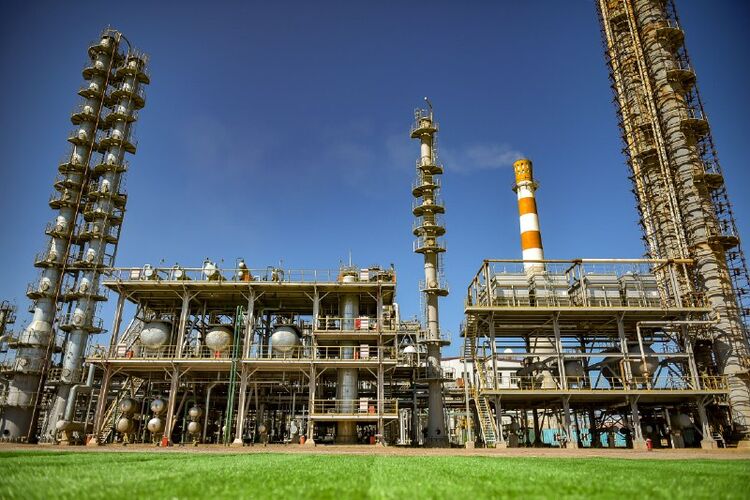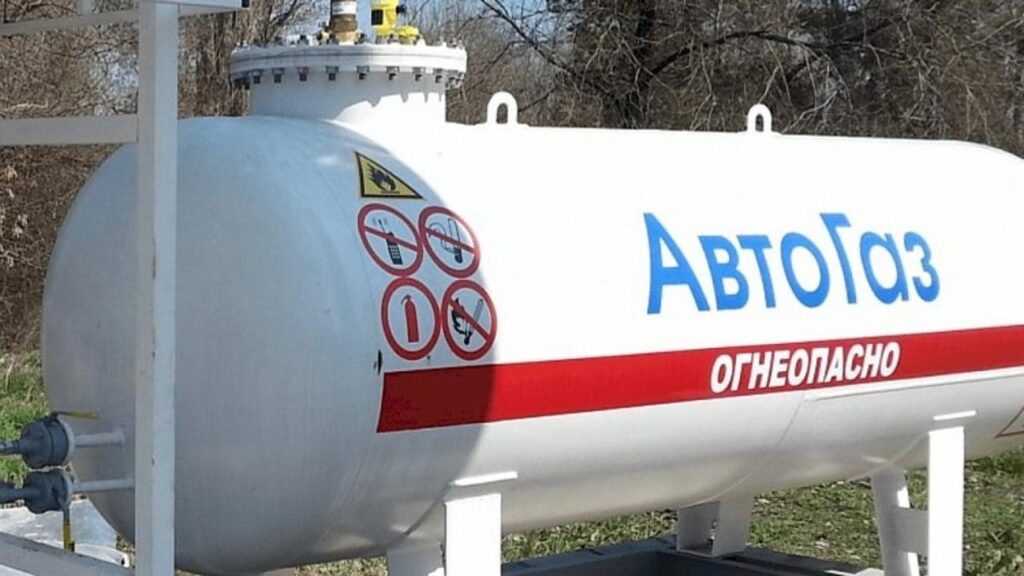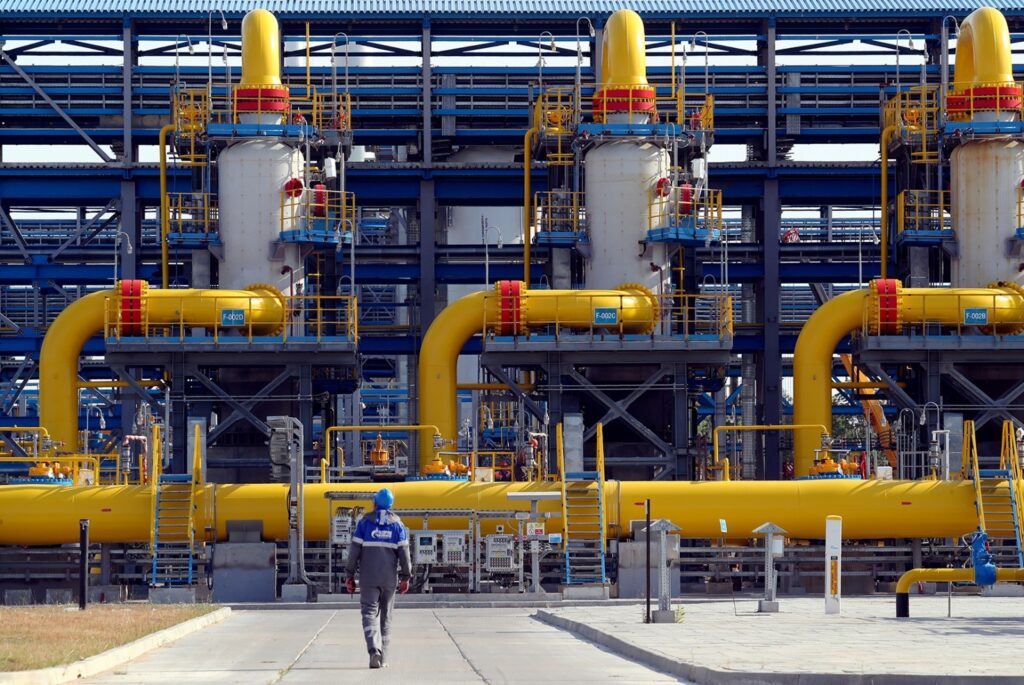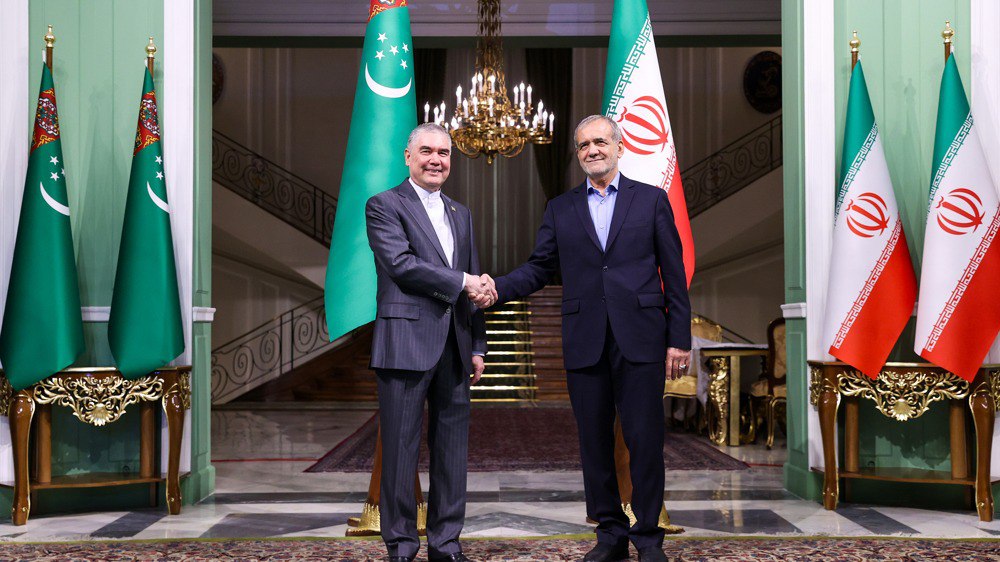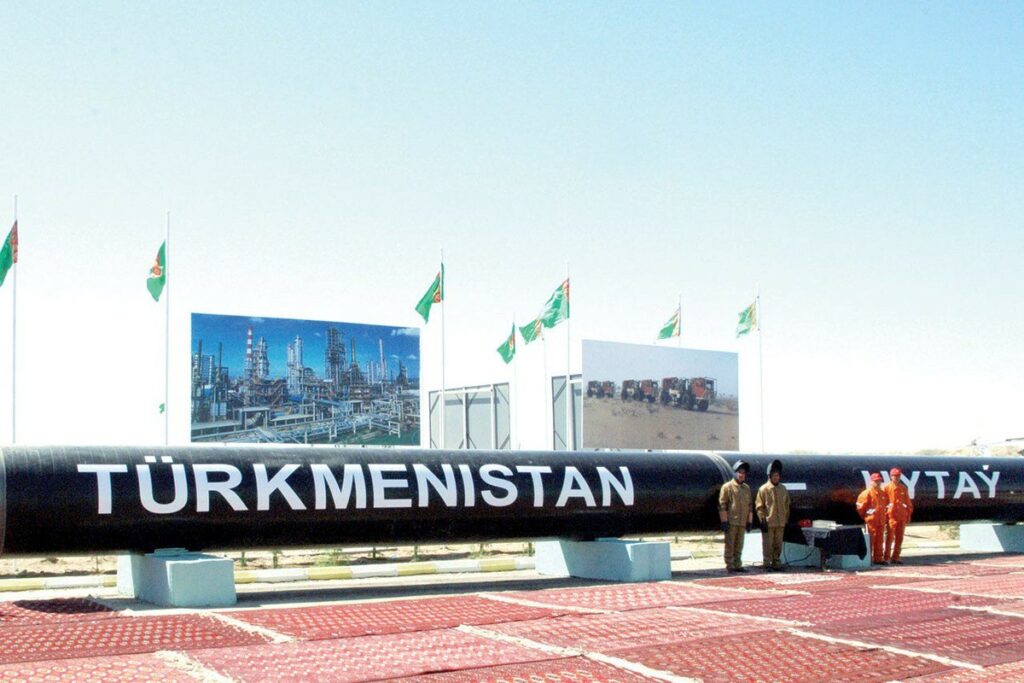Kyrgyzstan to Modernize Oil Refinery in Jalal-Abad
On September 28, Kyrgyzstan's largest oil refinery, located in the southern city of Jalal-Abad, began a large-scale modernization. Operated by Kyrgyz Petroleum Company, the refinery produces AI-80 gasoline, diesel fuel, and fuel oil. Kyrgyzstan's annual gasoline and diesel fuel demand is 1.4 million tons. The refinery in Jalal-Abad can meet only 6.5% of that demand. After the modernization project, the refinery will be able to meet 32% of the domestic demand. After modernization, AI-92 and AI-95 gasoline production would increase more than 12-fold, and diesel fuel production would grow by 40%. The total investment in modernizing the refinery will amount to $410 million, including $200 million in foreign investments and $110 million from the Kyrgyz government. Today, almost all gasoline and diesel fuel used by Kyrgyzstan is imported from Russia. The Times of Central Asia earlier reported that Kyrgyzstan proposed oil-rich Azerbaijan to sign a long-term contract to supply Azeri crude oil to Kyrgyzstan. Azeri crude oil is needed for Kyrgyzstan’s Junda oil refinery. Located in Kara-Balta, about 100 kilometers west of Bishkek, the refinery reopened late in August after a major overhaul. It now plans to reach its total annual capacity of processing 800,000 tons of crude oil by the end of this year.
